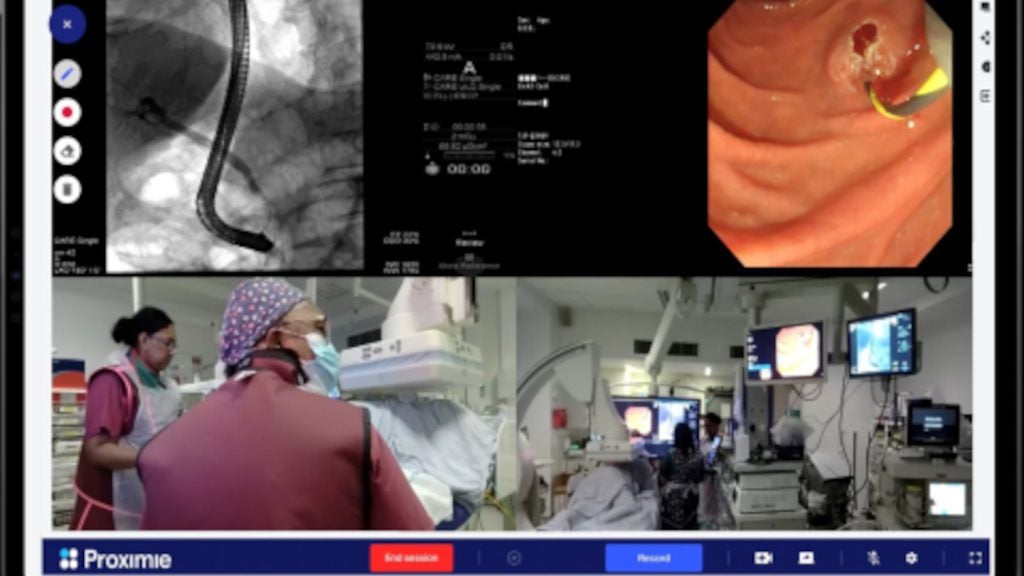
US-based Decatur Memorial Hospital has introduced C-11 Choline positron emission tomography-computed tomography (PET CT) and magnetic resonance imaging (MRI) for patients suffering from biochemical relapse of prostate cancer.
The C-11 Choline PET CT uses the US Food and Drug Administration (FDA) approved tracer, which after being injected reveals the specific location of prostate cancer with precision and sensitivity.
This precise detection of the cancerous occurrence results to an early detection of the disease which assists in an early treatment of the patient.
Decatur Memorial Hospital president and CEO Timothy Stone said: "The adoption of a C-11 Choline PET CT imaging programme puts the DMH Cancer Care Institute at the forefront of advancements in detection and treatment of prostate cancer.
"This technology gives us an extremely unique tool to potentially save more lives through earlier detection and more effective treatment."
The prostate cancer cells tend to absorb the choline after it is injected while the scanner traces the precise location of tracer concentrations.
How well do you really know your competitors?
Access the most comprehensive Company Profiles on the market, powered by GlobalData. Save hours of research. Gain competitive edge.

Thank you!
Your download email will arrive shortly
Not ready to buy yet? Download a free sample
We are confident about the unique quality of our Company Profiles. However, we want you to make the most beneficial decision for your business, so we offer a free sample that you can download by submitting the below form
By GlobalDataLesions can be spotted on the scan in the form of illuminated spots or areas.
C-11 Choline tends to decay rapidly, losing half of its radioactivity every 20 minutes hence it removes the small amount of original radioactivity is gone quickly from the patient’s body.
Decatur Memorial Hospital uses General Electric engineered cyclotron to develop the C-11 Choline.
The cyclotron produces nuclear isotopes during the conducting of various diagnostic imaging tests and the regular operation of patient care.
Image: A scan displaying lesions as glowing spots. Photo: courtesy of Decatur Memorial Hospital.







